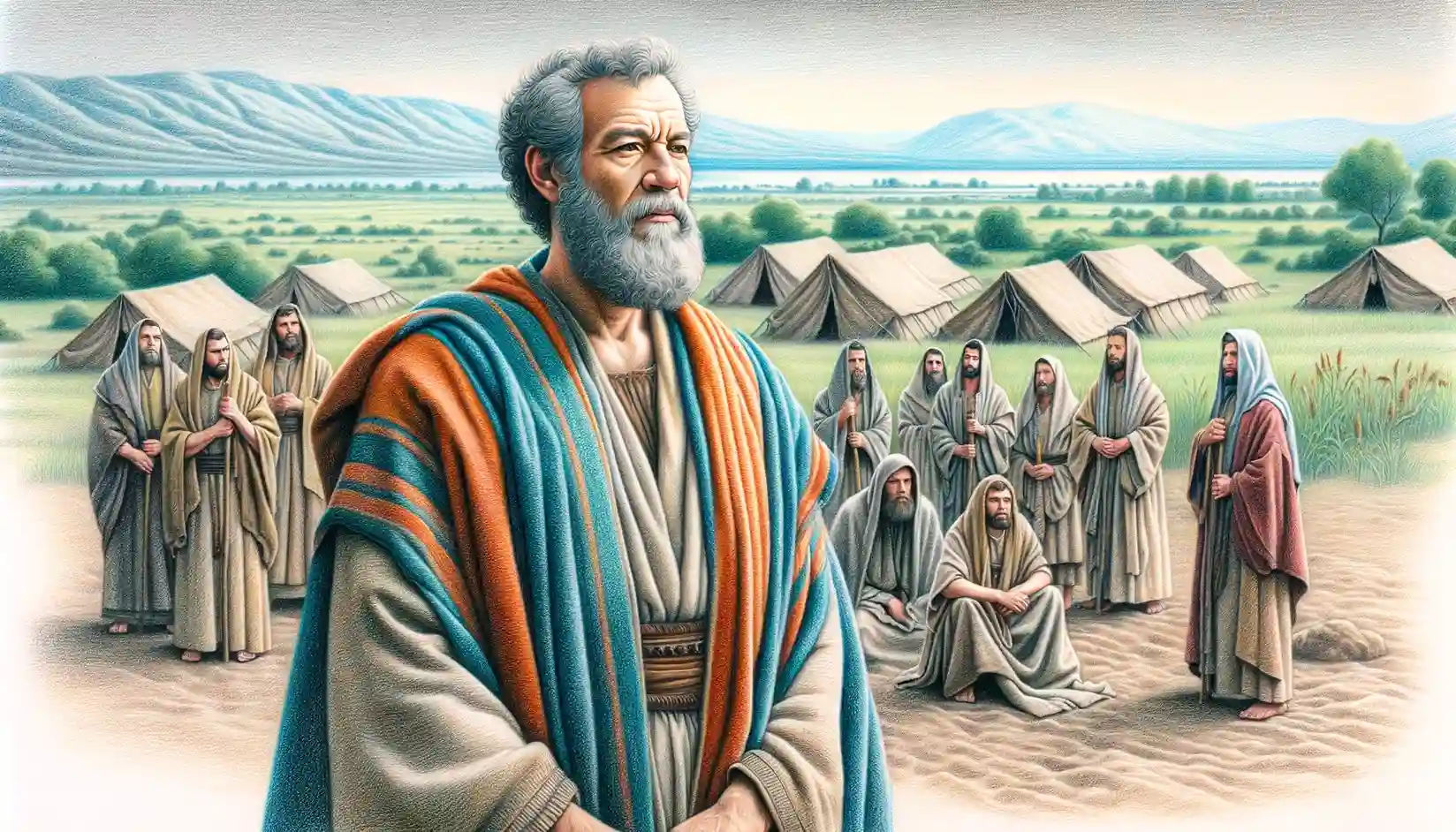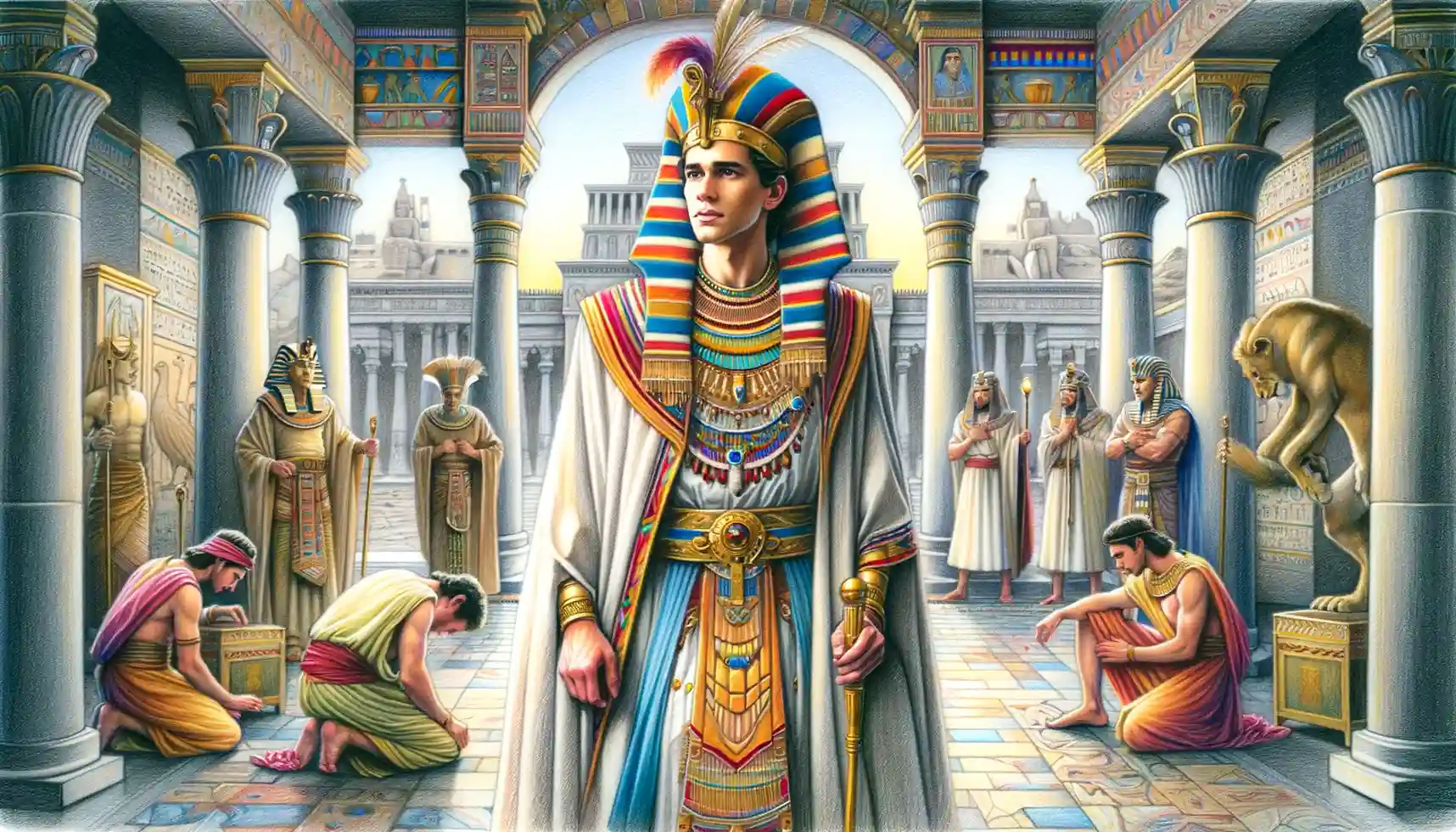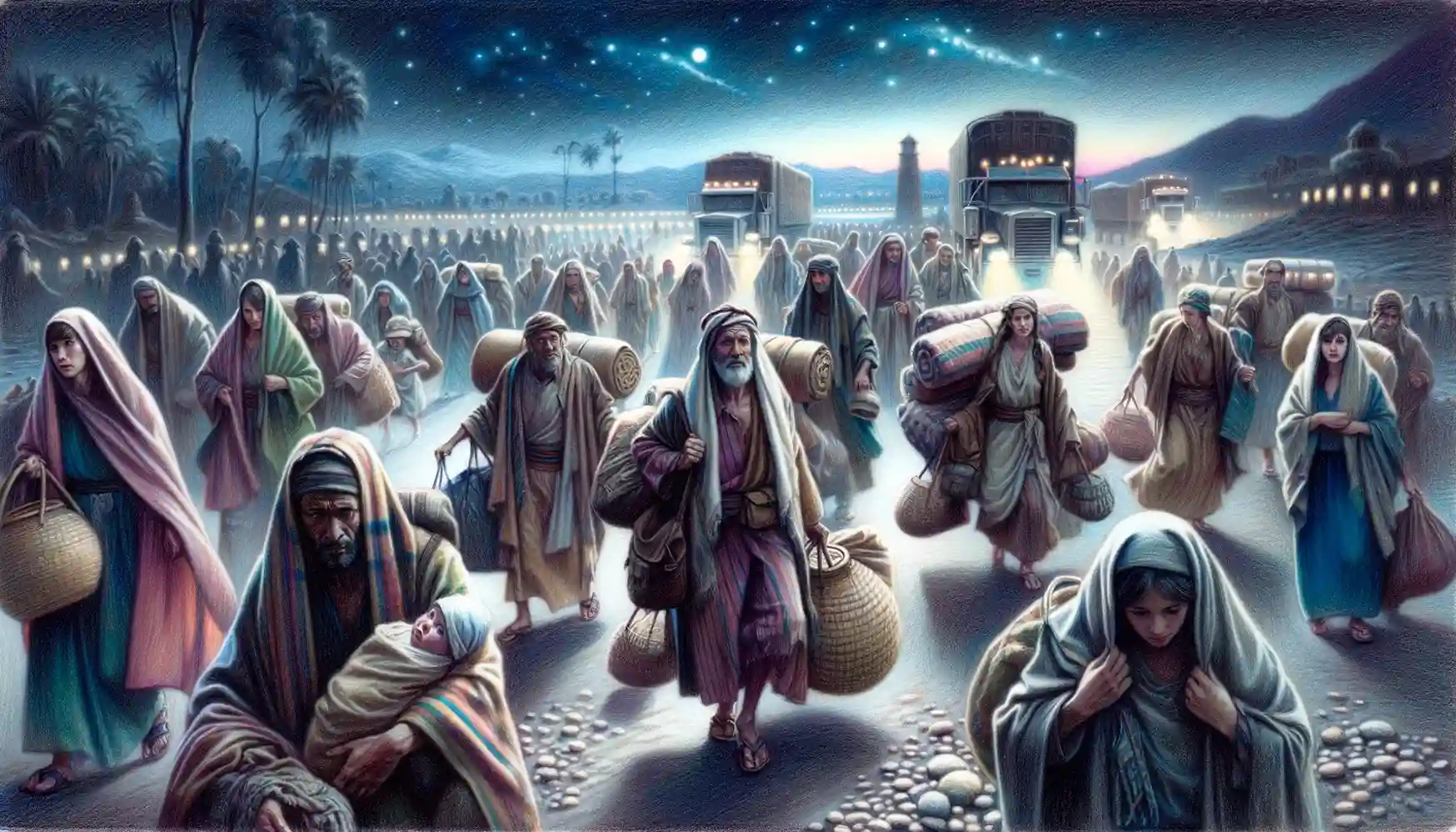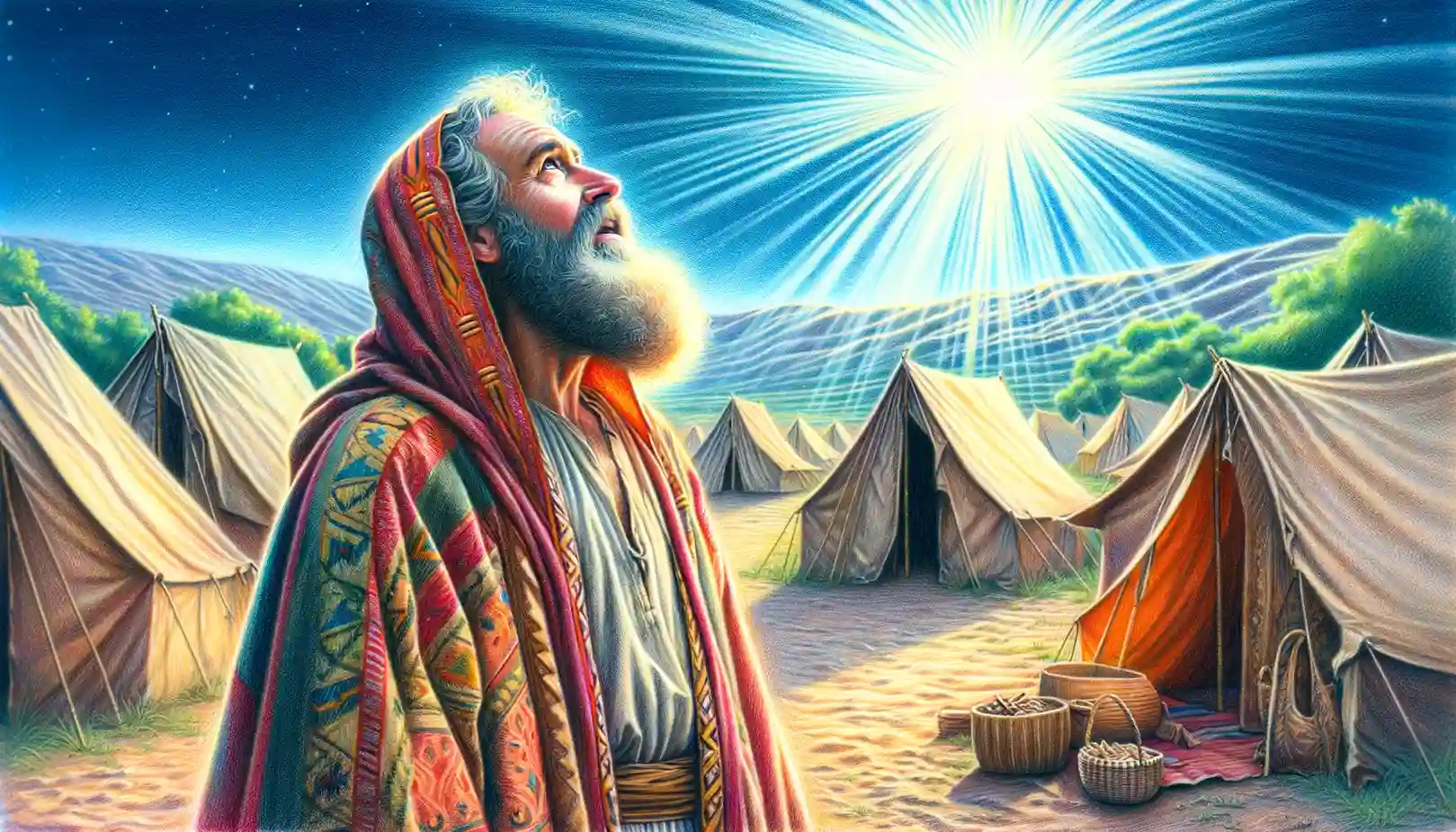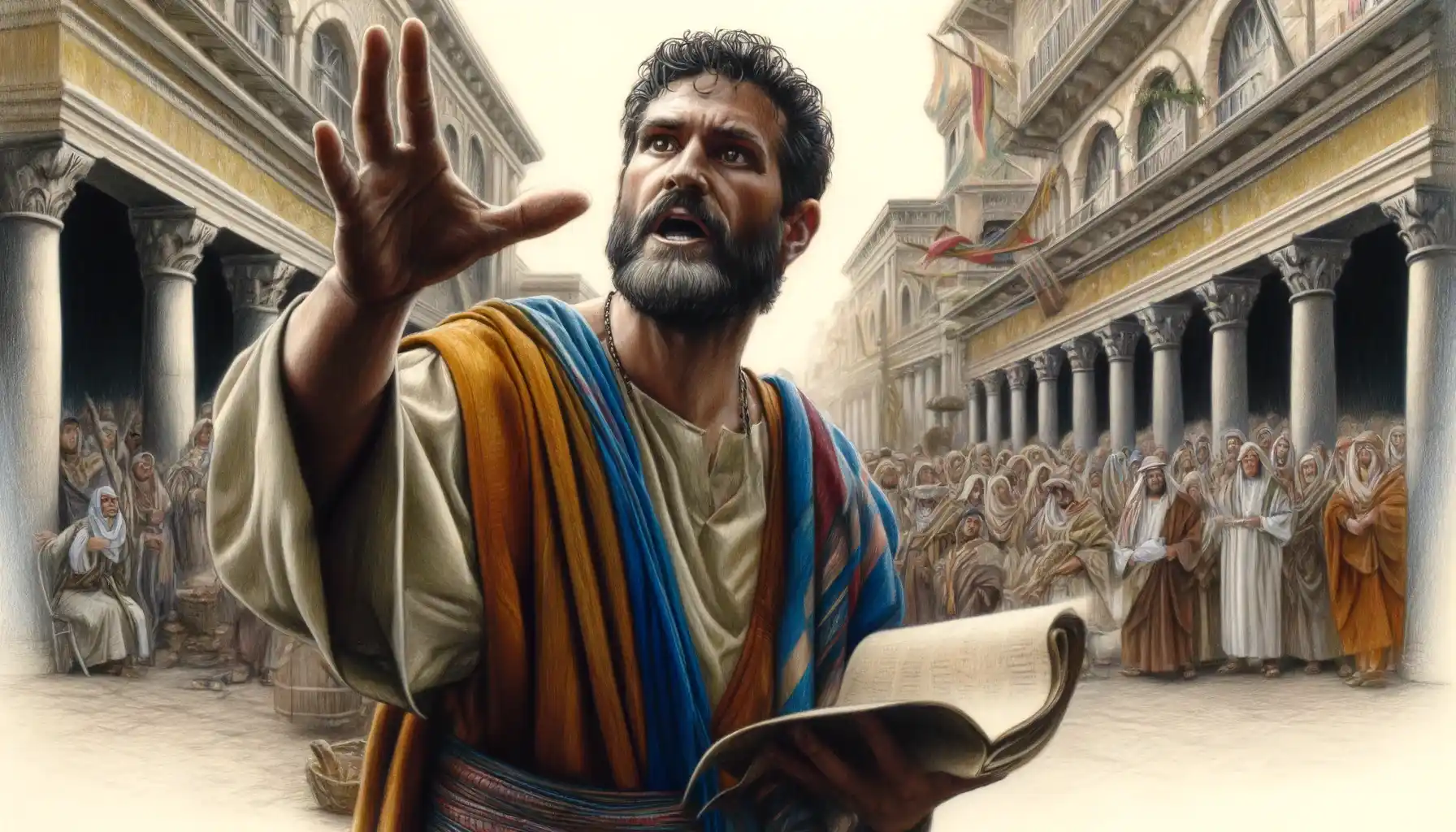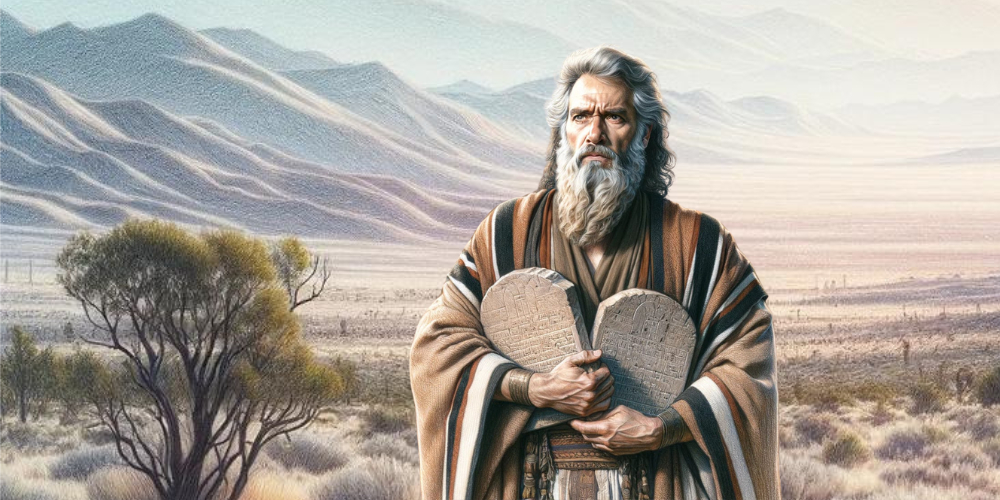Jacob, later named Israel, is a patriarch in the Hebrew Bible known for his journey from deceit to reconciliation, his twelve sons who became the twelve tribes of Israel, and his profound encounters with God.
Joseph, the favored son of Jacob, known for his colorful coat and prophetic dreams, was sold into slavery by his brothers, rose to power in Egypt by interpreting dreams, and ultimately forgave and reconciled with his family, providing for them during a severe famine.
In Exodus 12:31-42, the narrative details the momentous night of the Israelites’ departure from Egypt, marking their liberation from slavery after 430 years, as Pharaoh, compelled by the devastating plagues, urgently commands Moses and Aaron to lead their people out. This passage highlights the beginning of the Exodus, the institution of the Feast of Unleavened Bread, and the fulfillment of God’s promises, capturing a pivotal turning point where the Israelites leave with the riches of the Egyptians, signifying their transition from slavery to freedom under divine guidance.
Abraham’s journeys are not just a tale of migration but a series of divine encounters and faith-building experiences that shaped the patriarch into the father of many nations and a key figure in the Abrahamic faiths.
Simon the Zealot, one of the Twelve Apostles, is noted for his background as a possible member of the Jewish political movement opposing Roman rule, indicating a fervent zeal that he redirected towards spreading Jesus’ teachings after the Resurrection, embarking on missionary journeys to Egypt and Persia and ultimately being martyred, a testament to his deep commitment to the Christian faith and his diverse background enriching the early Christian community.
Moses, an Israelite leader and Hebrew prophet, is renowned for his role in the Exodus, receiving the Ten Commandments, leading the Israelites through the wilderness, and his encounters with God, including the burning bush and parting the Red Sea, culminating in his view of the Promised Land from Mount Nebo.

